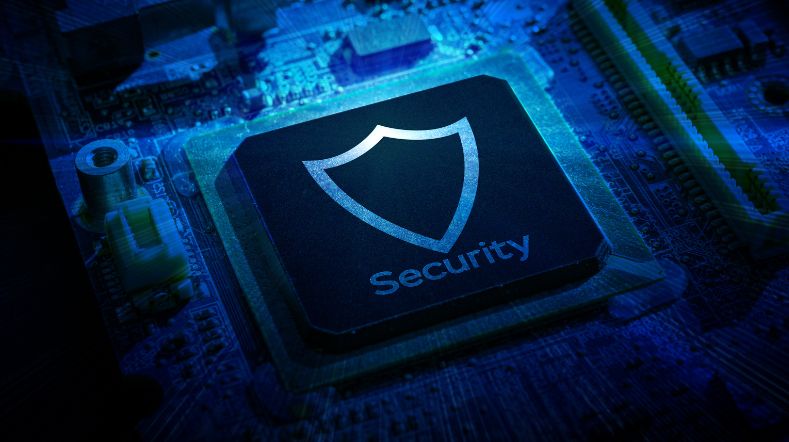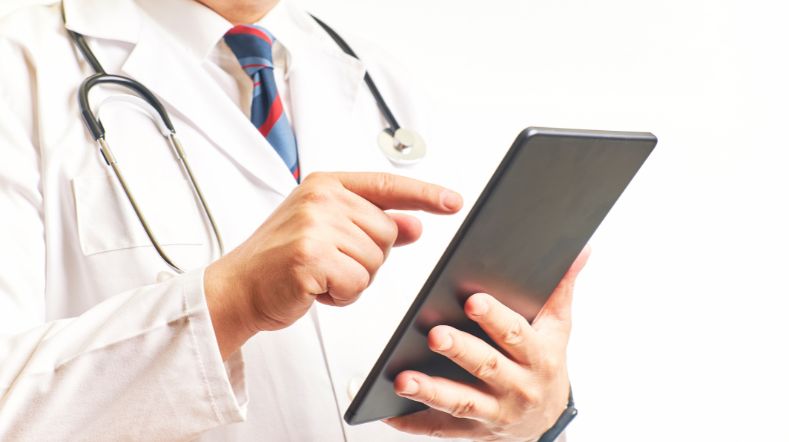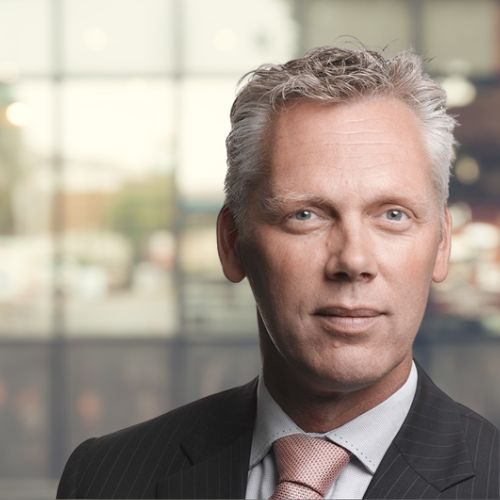Sensor networks based on the internet of things
Reading, combining and using vast amounts of information over long distances for useful applications. That’s the power of sensor networks based on the Internet of Things. Together with industrial partners, TNO – the Netherlands Organisation for Applied Scientific Research – is investigating for three Dutch water boards if this technology can be used to ensure dry feet and clean water.
Sensor networks are an innovative way to gain more insight into a specific domain. Sensors in the road, in the water or in a vehicle can measure anything, from traffic flows and free parking spaces to precipitation and water quality. These sensors are also becoming increasingly cheaper and often run for years on two simple batteries.
Nationwide network
The Internet of Things (IoT) is basically sensor technology. It uses specific communication protocols, such as Narrowband IoT, LoRaWAN, Sigfox or LTE-M. KPN provides a nationwide LoRaWAN sensor network in the Netherlands. Because the LoRa frequency used in the Netherlands is in the unlicensed band, a private LoRa sensor network can also be built under self-management. IoT services can be developed in both environments: a commercial ‘managed’ sensor network or a private ‘unmanaged’ sensor network.
TNO is investigating whether IoT can fulfil the promise of energy-efficient sensor applications over long distances and whether they are secure enough. Senior Business Developer Evert van den Akker of TNO explains: ‘For the water boards, for example, we analysed several relevant variables: from nitrate and medicine residues to temperature and water level. While some were new variables, others were variables that the water boards wanted to measure more frequently and in several places.’
Cybersecurity also under the microscope
The industrial parties TMX and Croonwolter&dros developed the prototype sensors. TNO then built a private LoRa sensor network. To thoroughly test the technology, the researchers linked the sensors to both KPN’s network and TNO’s private IoT network. At Hunze and Aa’s water board they connected the prototype sensors to the private sensor network, and at the Brabantse Delta and Aa and Maas water boards they connected them to KPN’s LoRa network. Applied Risk, a firm that specialises in industrial cybersecurity, also scrutinised security for this critical infrastructure.
The main challenge was to try to show that IoT technology produced the same results as the existing equipment at the water boards. To validate whether the measurements were correct and adequately relayed to the back office, TMX compared them with counter measurements supplied by the water boards. The researchers then compared the results with those of the water boards to analyse the trends.
To measure is to know
‘You can measure existing or new variables, in more places, with more data points and at low cost,’ says Evert van den Akker, summarising the benefits of IoT.
‘To measure is to know. We are a relatively small country with a lot of industry, which is becoming increasingly crowded. We need to provide critical dossiers, for example emissions and deposition of nitrogen or vibrations in buildings from natural gas extraction, with increasingly better policy data.’
Get inspired
TNO joins Dutch chip security company Fortaegis as partner and investor


Advanced Computing Engineering

HERACLES lays foundation for secure data sharing in healthcare sector


Data Ecosystems

Tiledmedia’s Razor-sharp VR Grabs the World’s Attention

